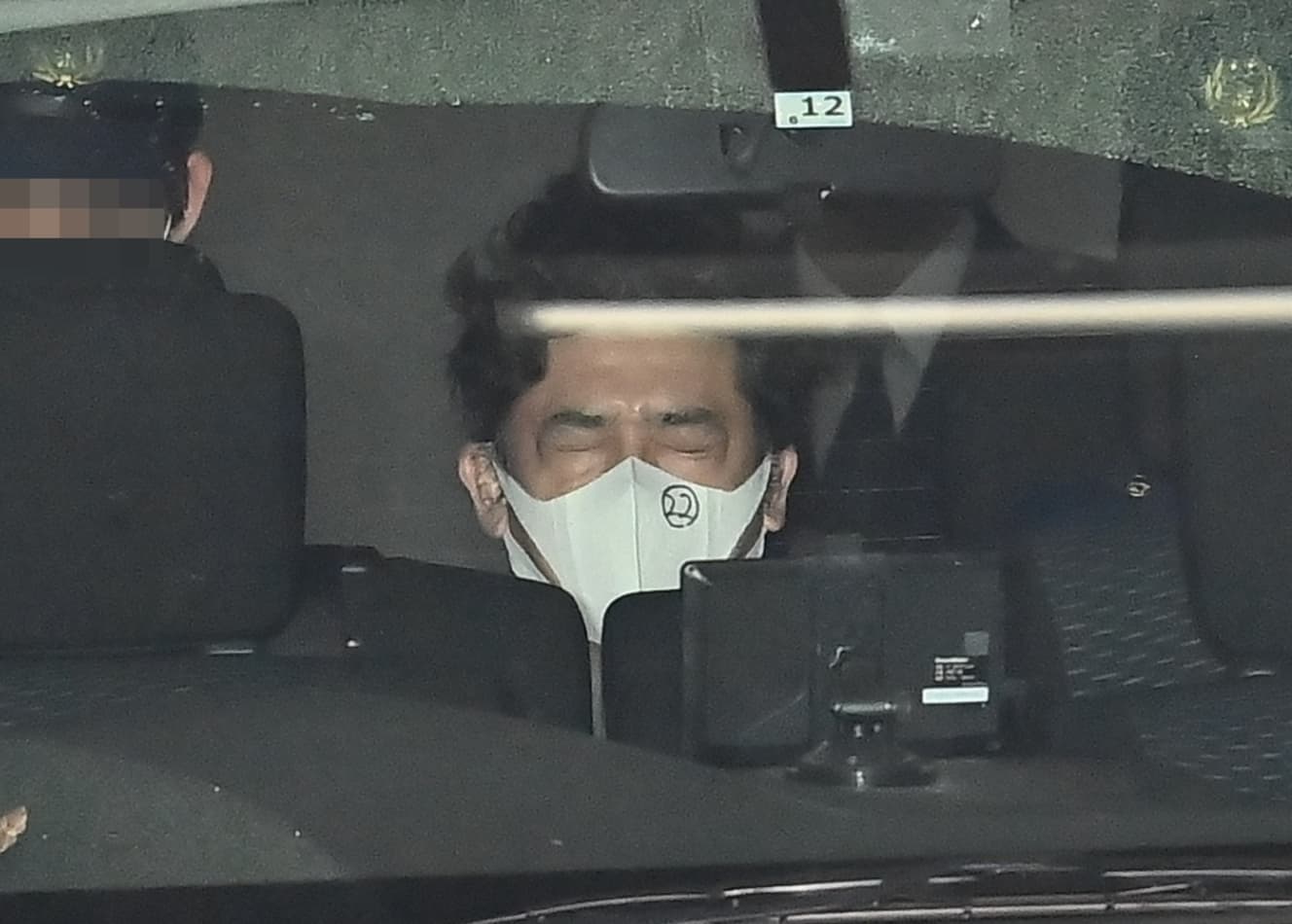The 3rd Arrest of Director Hideo Sakaki and the Unfolding Chaos in Japan’s Film Industry

On May 14, film director and actor Hideo Sakaki was arrested for the third time by the Tokyo Metropolitan Police Department on suspicion of quasi-rape of an actress.
The #MeToo movement in the Japanese film industry began in 2010.
The trigger was a report in Bunshun Online that actresses participating in Sakaki’s films and workshops were forced to engage in sexual acts. From then on, the victimized actresses began to speak out, and the misdeeds of the director, producer, and actors were exposed one after another.
All films directed and produced by Sakaki that were scheduled to be released have been canceled, and it is now difficult to view his past works.
Following Sakaki, other famous directors and actors who had produced numerous hit movies were accused of the crime, but the most prominent was Houka Kinoshita.
Kinoshita had become a popular actor who had appeared in numerous dramas and movies, and the fact that he had committed such an outrageous act stunned all concerned parties and fans. However, Kinoshita was unhappy with the news report and even sued the women’s magazine that reported the story, but eventually withdrew the suit.
The Japanese film industry was in turmoil, but sensible filmmakers began working to clean up and restore the industry to health, and the situation was beginning to be resolved. Two years had passed since the outbreak of the riots, and public memory had begun to fade. ……
In February of this year, Sakaki was arrested by the Tokyo Metropolitan Police Department on the charge of semi-rape for indecently assaulting a woman in the name of acting instruction. Although he denies that he was falsely accused, he was re-arrested in March on a further charge of semi-rape against another woman, and was arrested a third time in May. In May, he was arrested for the third time.
He was later indicted by the Tokyo District Public Prosecutor’s Office on the charge of quasi-rape, but the Metropolitan Police Department believes that there are other victims.
The film industry, which had seemed to have regained its serenity without any new accusations, is once again in an uproar. In fact, the aftermath of the riot “has not gone away yet,” said an employee of a mid-sized film distributor.
In addition to the director and producer who were widely reported, the names of actors who were suspected of being involved in sexual harassment and sexual assault were also reported using their initials. Some of them were named. Of course, some of them actually engaged in sexual harassment, but there were also some actors who were caught in the middle.
They want to claim that they were “falsely accused,” but they can’t find a way to do it. They are unknown actors in the eyes of the public, so no one pays attention to them. The only thing we can do is to send out messages on our own social networking sites, but this also doesn’t get any attention. The public’s reaction is still inevitable, but even within the industry, we can’t clear our suspicions, and because of this, we continue to be unable to work.”
The blame is not limited to innocent actors.
The so-called “single-theater” minitheaters are also suffering. A well-known mini-theater that tried to show a movie in which an alleged actor appeared was inundated with calls of protest. Some people have started a “no-show” campaign on social networking sites, saying, “I won’t watch movies there anymore, and I don’t want anyone else to watch them, too.
Whenever an actor is involved in a scandal, a film scheduled to be released is cancelled or postponed. Also, dramas and productions in which they appear are cancelled, DVD sales are halted, and past productions become unavailable for viewing.
Recently, however, there has been a growing call for “the work is blameless. However, this is limited to cases where there are no “direct victims,” such as drug or gambling scandals.
When there is clearly a victim, such as a victim of sexual assault or other egregious acts, such voices will not be heard.
Furthermore, the re-arrest of Director Sakaki has brought the issue back into the spotlight.
Director Sakaki is likely to have additional crimes, and there is a possibility that even more people involved in the alleged crimes will come forward.” More and more directors and producers, fearing that their films or dramas will be cancelled after production, have begun to say, not in jest, “We will stop making live-action films and start making animated films from now on.
If you have a celebrity or actor do the voice-over, and if something goes wrong, you can just change the voice-over. That way, there is less damage and you don’t have to worry about choosing the right cast. ……
It seems that the confusion in the film industry will continue. ……
Text by Hiroyuki Sasaki, entertainment journalist: Hiroyuki Sasaki (Entertainment Journalist)
Born in Sendai City, Miyagi Prefecture. At the age of 31, he became a reporter for FRIDAY and has reported numerous scoops. Since then, he has continued to work mainly for weekly magazines. Currently he also appears on TV and radio as a commentator
.
PHOTO: Shinji Hasuo